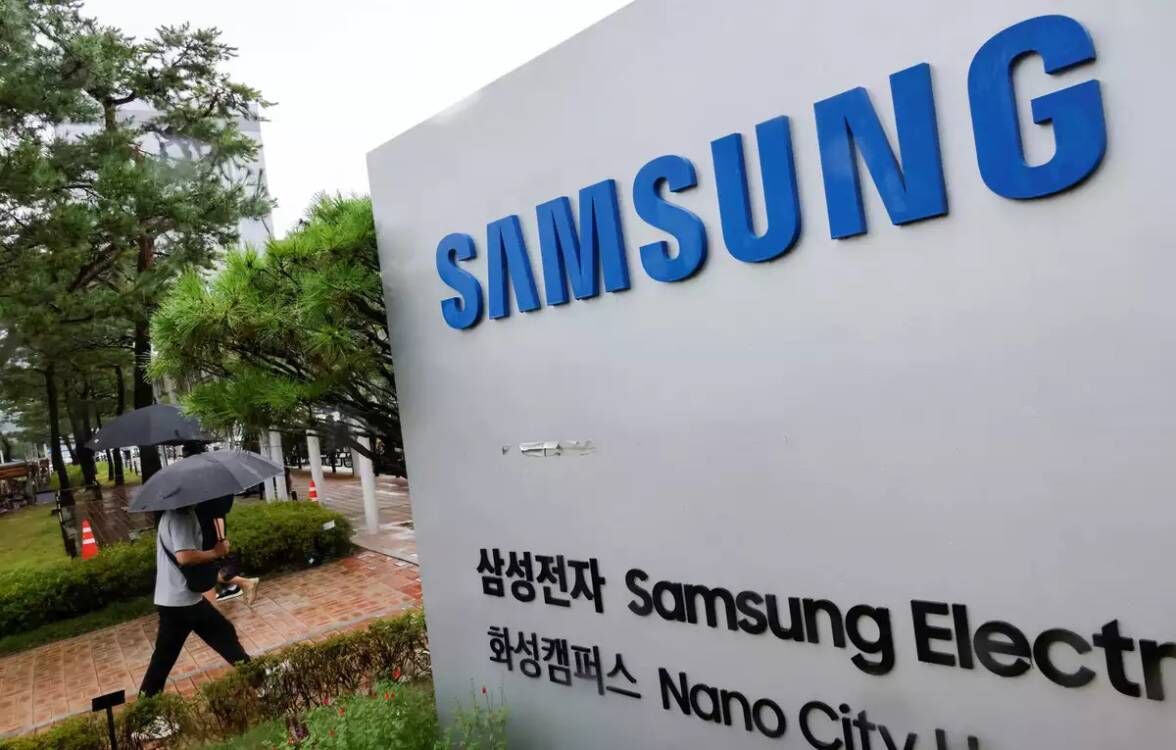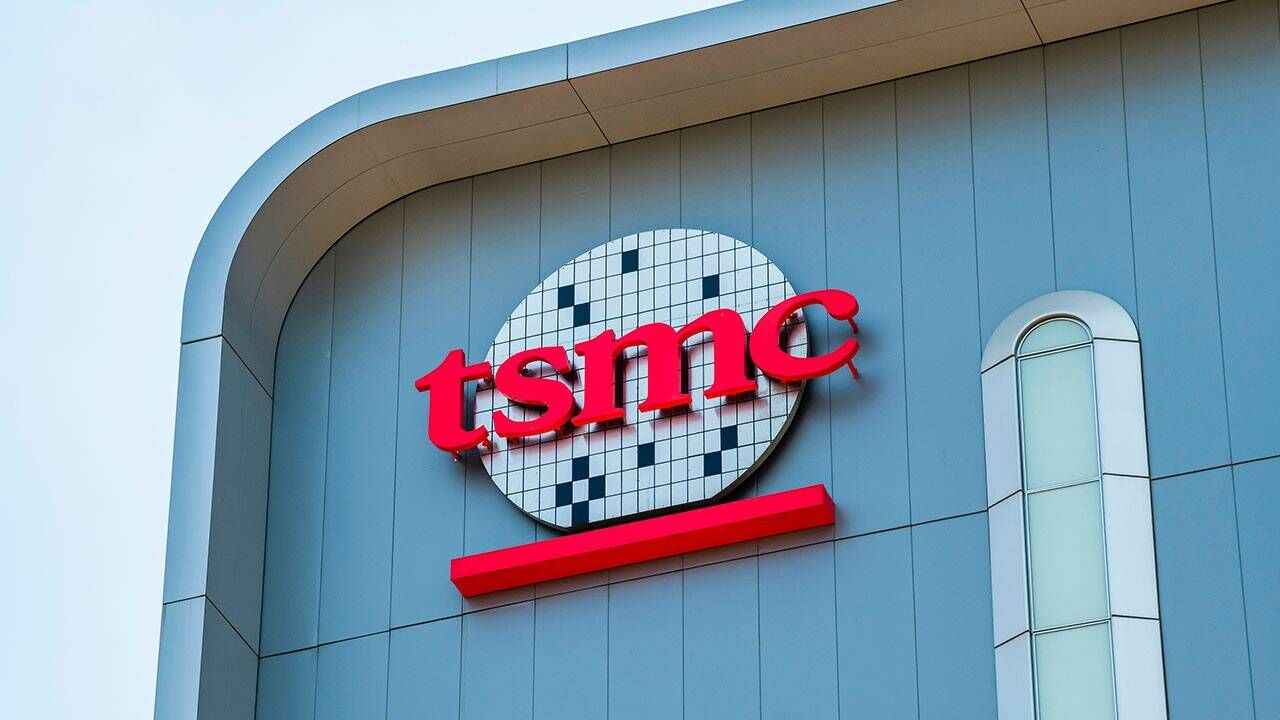July 18, 2024 /SemiMedia/ -- According to reports, on July 10, the National Samsung Electronics Union announced that it would launch an indefinite strike. Although Samsung said that the production line was operating normally, the report pointed out that if the strike continued, production and delivery would not be guaranteed, and the impact would even spread to the upstream and downstream of the industrial chain and spread to the technology industry.
The report pointed out that the Samsung Electronics Union has about 30,000 members, accounting for nearly a quarter of Samsung Electronics' total number of employees in South Korea. The union announced that the company's management had no intention of engaging in dialogue after the first general strike, so it started the second general strike on July 10 and will continue indefinitely.
Lee Hyun-kuk, vice chairman of the union, said the strike had slowed down some chip production lines.
“Without equipment, inspections and other related personnel, production is bound to have problems,” the union said.
The Chosun Ilbo reported that if the strike is prolonged, market share will be squeezed by competitors such as TSMC and SK Hynix, performance will decline, and bonuses will naturally decline, which will only lead to a vicious cycle. In addition, Samsung is struggling to cope with competition in semiconductors used for artificial intelligence applications, hoping to convince major customers such as Nvidia to use its HBM memory chips to gain a larger share of the artificial intelligence market. Any disruption caused by the strike could affect the company's chances of replacing competitor SK Hynix as Nvidia's preferred memory chip supplier.
The Chosun Ilbo also pointed out that the 8-inch wafer foundry production line that the union claimed to have stopped operating mainly produces automotive chips and display driver chips. If the strike is prolonged, the automotive industry may face a second major disruption in the supply of automotive semiconductors.
Forbes magazine said that the Samsung union strike could disrupt the company's production of advanced memory chips used in artificial intelligence accelerators, computers and smartphones, thereby affecting the global supply of memory chips.
So far, Samsung Electronics has denied that the strike has affected production.












All Comments (0)